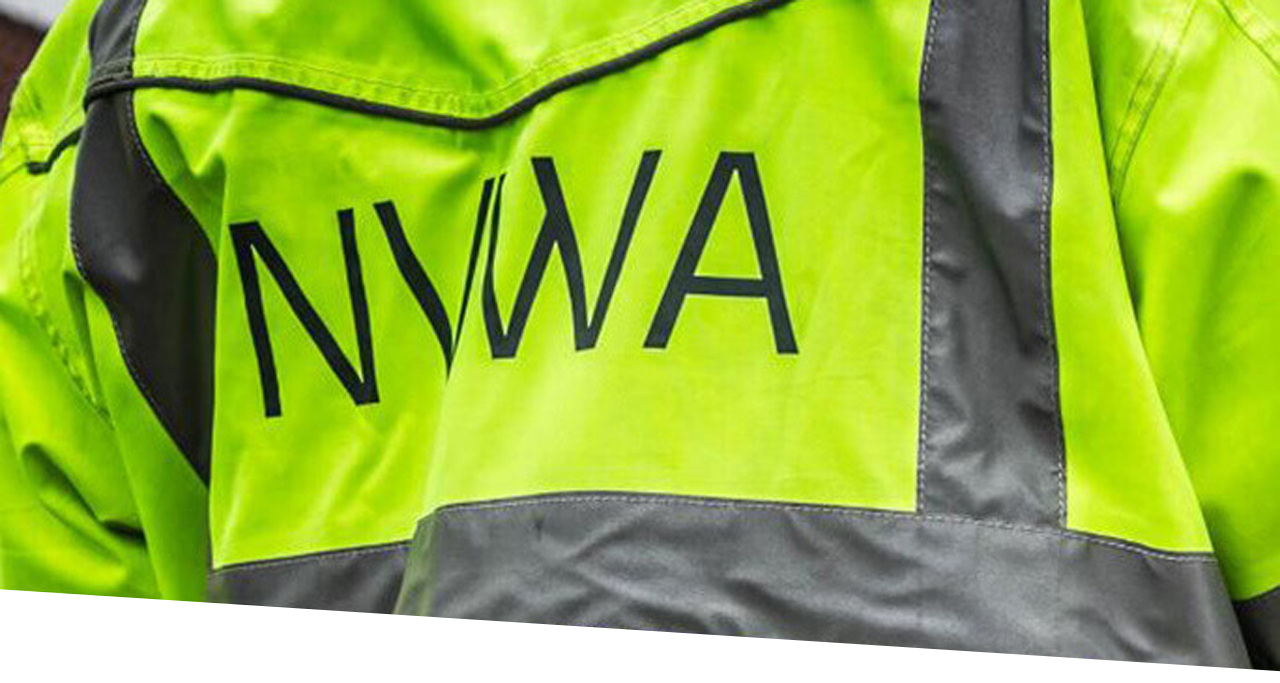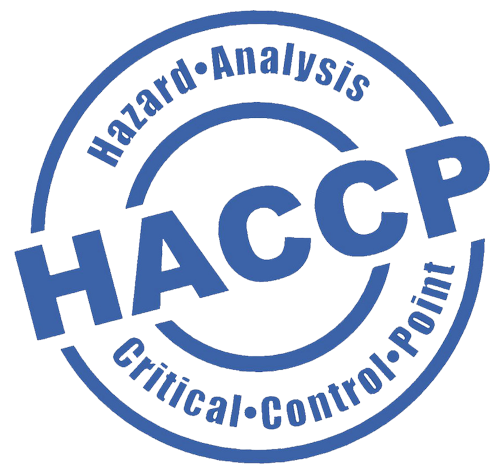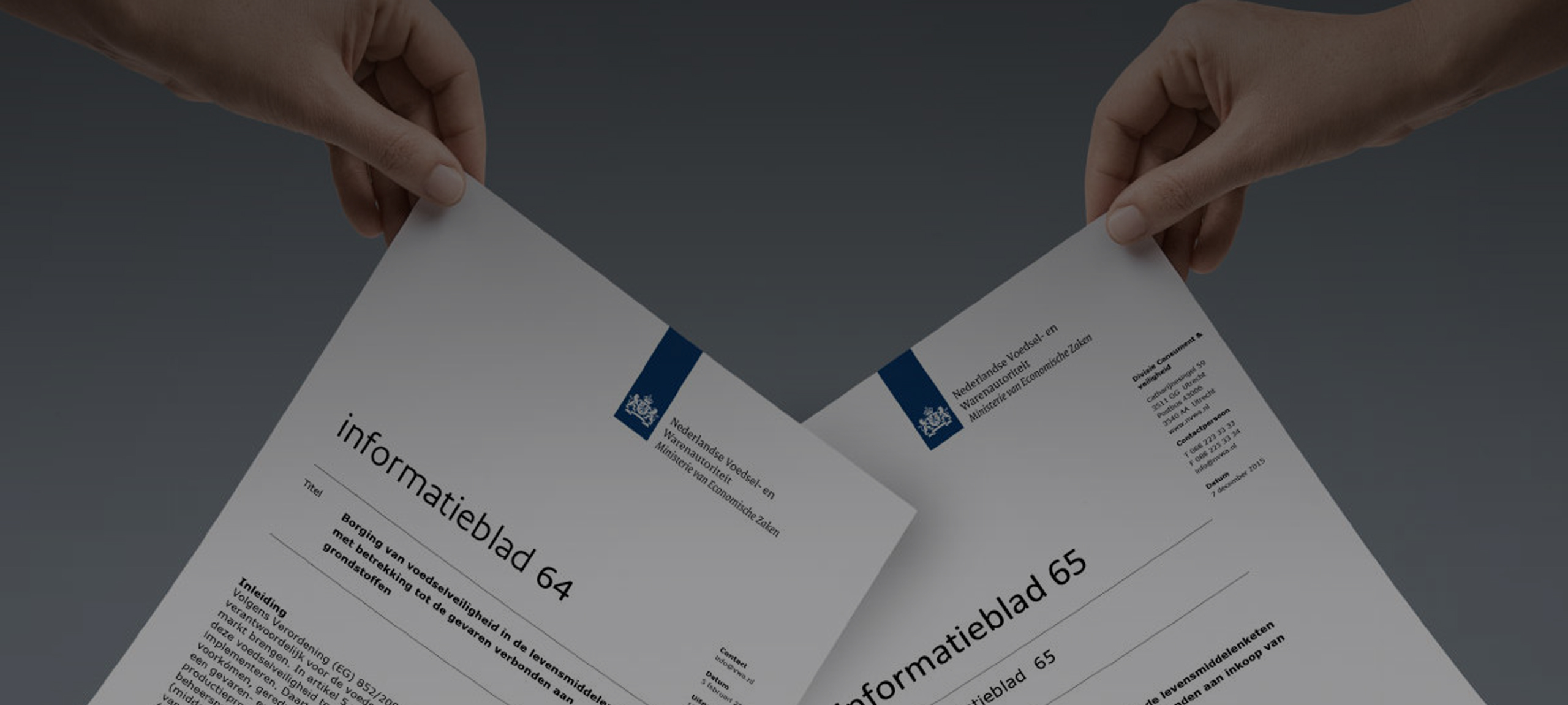Official Supervision
Each EU member state has a competent authority responsible for supervising meat production. The EU’s Food and Veterinary Office carries out regular audits to check authorities’ compliance with EU standards.
In our country, the Netherlands Food and Consumer Product Safety Authority (NVWA) is the competent authority. The NVWA strictly supervises meat-producing companies throughout the production chain. An NVWA veterinarian is always present in slaughterhouses, who approves the premises before slaughter begins and supervises until the end of the day. Slaughterhouses are not allowed to slaughter without the presence of the NVWA.
Meat inspectors, employed by slaughterhouses but working under NVWA supervision, inspect carcasses. Furthermore, processors (e.g. cutting plants) are regularly audited by the NVWA, with a higher frequency for non-compliant plants.

HACCP-protocol
All meat-producing companies must work according to the Hazard Analysis Critical Control Points (HACCP) principles. The NVWA checks annually whether companies have and comply with a sufficient HACCP plan. Companies can include specific hygiene protocols to make their production processes safer. By assessing these processes, risk points are identified. These risk points and the corresponding measures to reduce risks are recorded in the meat-producing establishment’s HACCP protocol.

Import
The NVWA is also responsible for supervising the import and export of animal products. The EU approves third countries for imports to the EU. Products must comply with EU legislation and be accompanied by an animal health certificate. Upon arrival at the border, the NVWA, together with customs, checks the documentation and, where necessary, the products before they can be imported.
Export
For exports, companies apply for an animal health certificate through NVWA’s online export system. The NVWA checks whether the products meet the requirements and stamps the certificate.
Within the EU, products can move freely between member states unless there is an outbreak of notifiable diseases. Movement of live animals is always notified in the European traceability system and accompanied by health certificates to prevent disease spread and trace origin.




